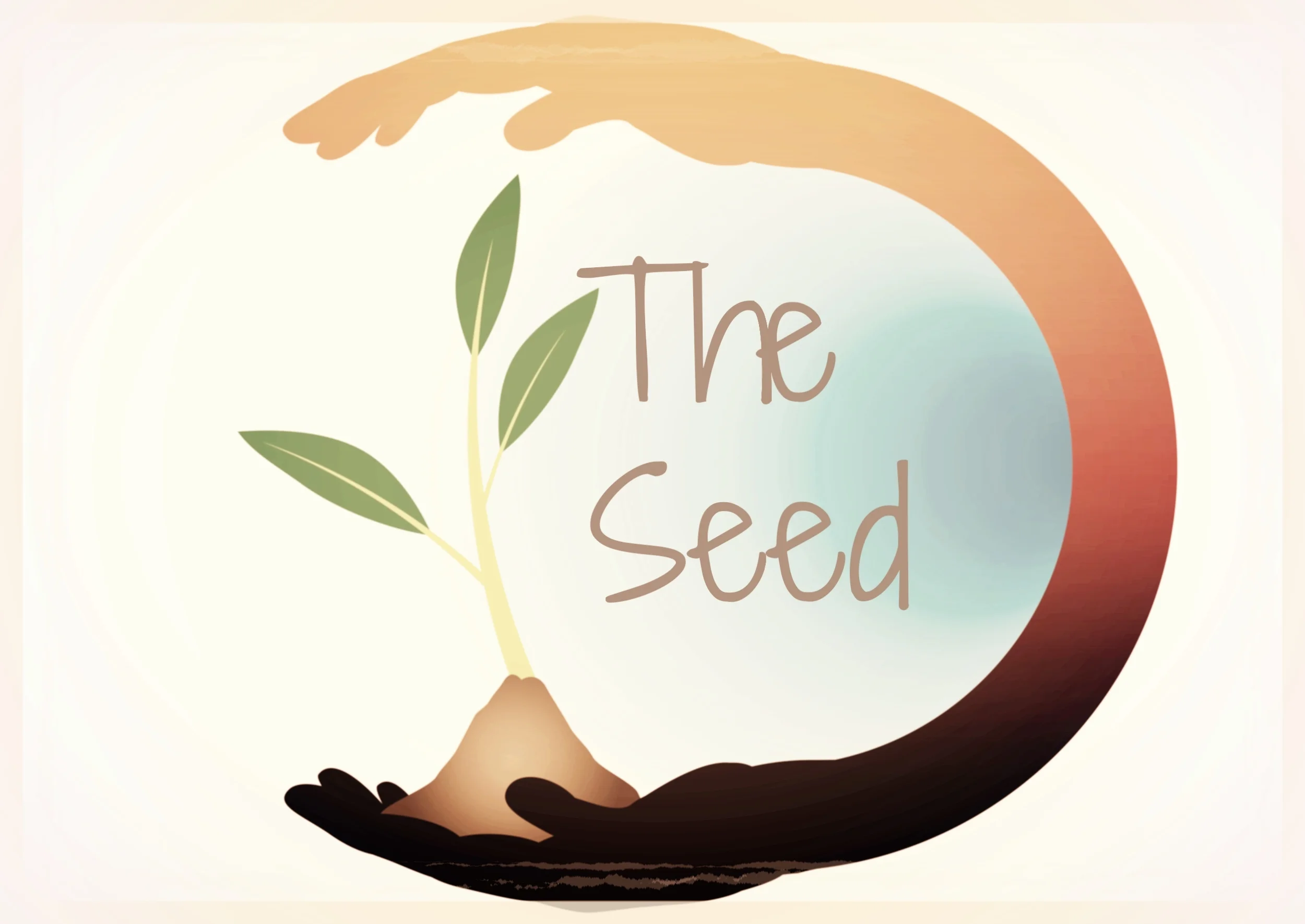People care for one another, other animals, and the planet. As a person of faith, I believe that life should be valued, that there is a human responsibility to protect, preserve, and act responsibly regarding the environment, and that there is a moral imperative to communicate the reality of what evidence there is to others -- so informed action can be taken. As an interdisciplinary climate scientist and ethicist, I see evidence daily of the reality of human caused climate change.
The term for information that is intentionally planted to deceive people is misinformation. There has been a lot of misinformation delivered all around the world regarding the reality of climate change. Yet thermometers can't lie -- we observe that our planet is warming. The Arctic is bearing the greatest load of this warming so far, as it is melting at an accelerated rate due to physical interactions between the land, oceans, atmosphere, and ice. Average temperatures have gone up across the globe.
The science is clear that fossil fuel emissions lead to greenhouse warming. The basic physics are simple. Carbon dioxide acts like a blanket, keeping solar warmth inside the earth's atmosphere. More carbon dioxide emissions mean more heat from the sun is trapped in Earth's atmosphere, like heat stays in a hot car. The solutions are complex because emissions are tied to the global economy and to many modes of human activity.
Since the industrial revolution, humans have put stored carbon from underground into the atmosphere. The term fossil fuels is used for carbon rich fuels because when an animal or plant dies, the carbon its body was composed of turns into carbon, is compressed, and over time, turns into a carbon rich tar, oil, gas, or rock that can be extracted and burned for fuel or heat in internal combustion engines and furnaces. Had the carbon stayed buried underground, it would have not gone into the atmosphere naturally. This is why humans are the primary driver of climate change - the extraction and burning of fossil fuels.
Not all people feel they have a responsibility to future generations, other nations, or each other. Not everyone is going to agree on everything. But the more people working to solve this problem the better. Standing together to find solutions for facing the challenges brought on by climate change is essential.
Importantly, fear is no justification for inaction. Some people are afraid of government overreach, some are afraid of too much corporate power, and some are afraid of marginalization. Whenever a person or a community has a fear or a concern, it should not be diminished as it is probably based in a legitimate experience. The fear should be heard, engaged, and given voice.
The faith community can help by hosting discussions and question and answer sessions. Bit by bit we can take responsibility for reducing these emissions. Assisting those affected by climate change, reducing individual and organizational carbon footprints, and speaking up for what is right are all ways that the faith community can get involved and take a stand for justice. We have expertise in conversation building, resilience planning, and sustainable design. Contact Sarah at sgoss@scienceandfaithcouncil.org to get your congregation involved in this discussion.

